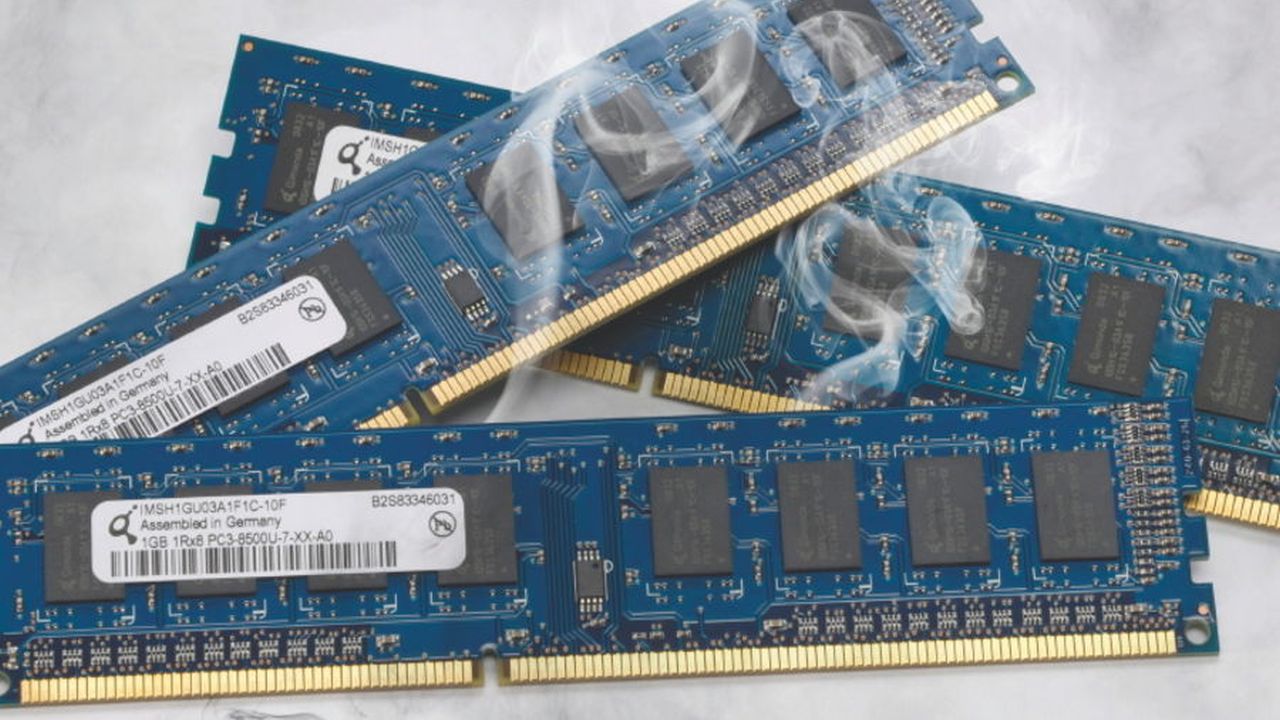Why looking after your computer's memory will help improve its performance.
It's all about the RAM

Even the most savvy DIY computer fixers among us make mistakes when it comes to diagnosing their computer troubles. If you've ever made an incorrect assessment about solutions to your slow computer issues, you're not alone.
Most American computer owners know enough to try pressing restart and installing new updates, but when we have to dive in and get our hands dirty, do we opt for the right solutions? My company, Crucial.com, recently asked 1,000 Americans just how much they know about fixing their computers, and the results were surprising.
Although almost half of the men surveyed said they feel confident when it comes to fixing computers, a large majority underestimated the best solutions to their most common computer problems. While slow computer problems can be attributed to insufficient computer memory, or RAM, less than 10% of men identified adding memory to their PCs as one of the most likely ways to help things run faster. When given five classic symptoms of stalling computers, men were most likely to identify component failure as the most likely cause instead.
Women did not fare much better: More than 90% of female respondents failed to identify memory upgrades as the most likely culprit. Not only are Americans misinformed about what's causing their computers to slow down, but they don't know what to do to fix the problem.
What this means
In essence, the research shows today's consumers are connecting slow computer troubles to all the wrong issues. More than 90% of survey respondents overlooked low memory as a contributor to computer speed problems.
We often get frustrated when our devices slow down, but we don't know how to make them run faster, often going overboard and purchasing an entirely new computer that will cost hundreds (and in some cases thousands) of dollars. This expense can be spared with a bit of research into the causes of the problem.
Most survey participants were quick to guess that a failed component inside the computer was causing their machines to stall. While this is a common response, it can be a pricey fix. And it could even be costlier for those that assume the only way out of the situation is to replace their computers entirely: 52% of survey respondents said they would replace their PC altogether if it exhibited unacceptable performance by being slow, broken or out-of-date. That's a large price to pay if the problem was misidentified in the first place.
Sign up to the TechRadar Pro newsletter to get all the top news, opinion, features and guidance your business needs to succeed!
Not only do Americans struggle with identifying the sources of their computer problems, but they also have delusions when it comes to finding a correct price mark. Almost three in four of the survey's respondents said they are highly concerned with saving money, and yet 41% said they would be willing to invest more than $100 to repair or replace an ailing computer.
Who among us would deny an interest in saving money? While the data shows undeniably that Americans prioritize money saving, the impulse to simply scrap a slow computer in exchange for a brand new, expensive one is one that consumers must work to suppress. Consumers who do even a modest amount of legwork to explore cost-effective solutions like upgrading memory stand to solve their slow computer woes.
- Kicki Lindahl-Crozier is a Tech Support Guru for Crucial.com